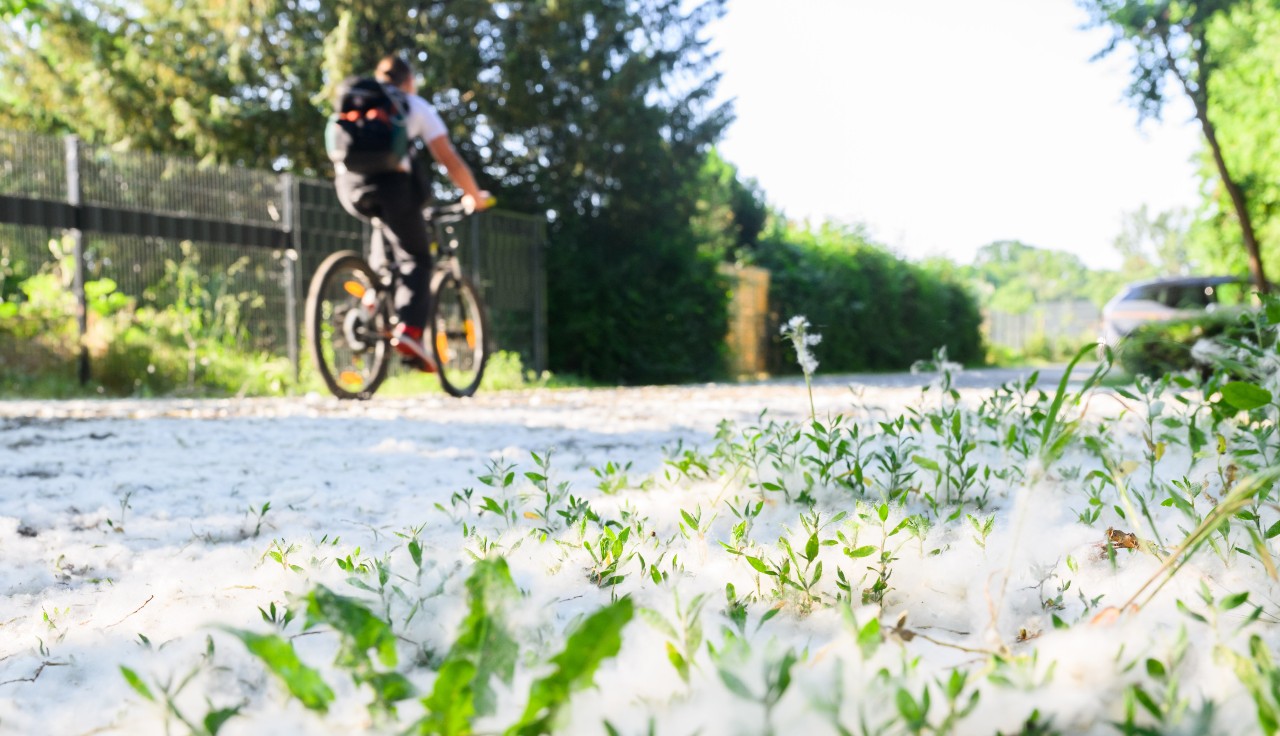Why do I need to know ‘Ob’?
If you’re wondering whether ‘ob’ is important or not, read further.
What does it mean?
The most direct meaning of ‘ob’ is simply ‘whether’ or ‘if’. As with other subordinating conjunctions like ‘dass’ (that’), ‘wenn’ (if) or ‘weil’ (because), the ‘ob’ shifts the verb order in a sentence clause.
For example, if amid your language learning frustration you muse, “I don’t know whether it’s a waste of time to learn German grammar”, the sentence would be structured as “Ich weiß nicht, ob es eine Zeitverschwendung ist, die deutsche Grammatik zu lernen,” with the verb order “flipped” in the second and third clauses so that the verbs appear on the end.
(We hope we haven’t answered that question for you!)
READ ALSO: If you know these 10 things, you’re a German grammar master
The word ob also fits nicely into a variety of everyday expressions. Most commonly, you’ll hear ‘als ob’ meaning ‘as though’ or ‘as if’. If you’re trying to make a strong statement, then “egal ob” (regardless of whether) will also come in handy, as will “gleichgültig, ob” (no matter whether…).
If you’re fully on board with what your friend is telling you, you could exclaim ‘Und ob!’, meaning ‘You said it!’ Brits might also translate it as ‘Not half!’ similar to the American ‘You bet!’
Lastly, if you take a medical exam at the doctor’s, and receive a notice back with ‘oB’ written on it, go ahead and let out a big sigh of relief. This stands for ‘ohne Befund,’ or results negative.
Walking past the Rathaus (townhall) on your way home you might also spot an OB on the door, short for Oberbürgermeister, meaning Lord Mayor or, since we’re no longer in the 17th century, just mayor.
Here are some more examples:
Jack sagte zu Rose: “Ich werde dich lieben, egal, ob wir uns wiedersehen”.
Jack said to Rose, “I’ll love you regardless of whether we see each other again.”
Es war, als ob meine Heimatstadt eine neue Stadt wäre, nachdem ich im Ausland gelebt hatte.
It was as if my hometown was a new city after I lived abroad.




 Please whitelist us to continue reading.
Please whitelist us to continue reading.
There is also “to pretend”: so tun als ob. For example:
I pretend to like him.
Ich tue so, als ob ich ihn mag.